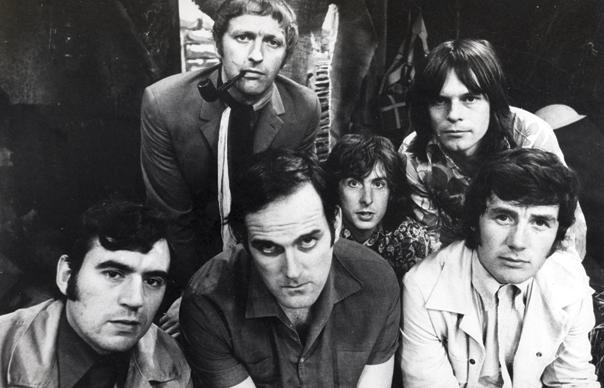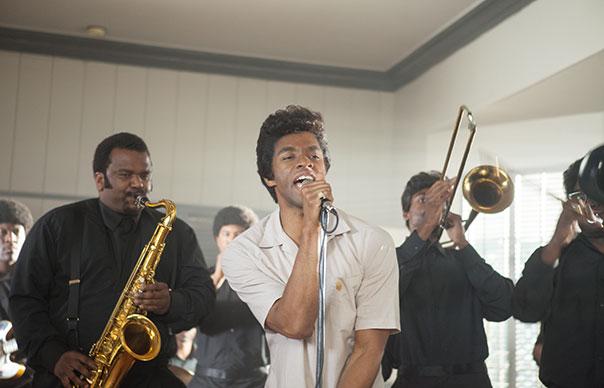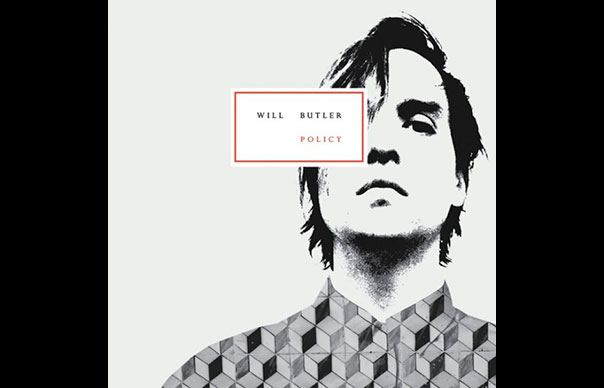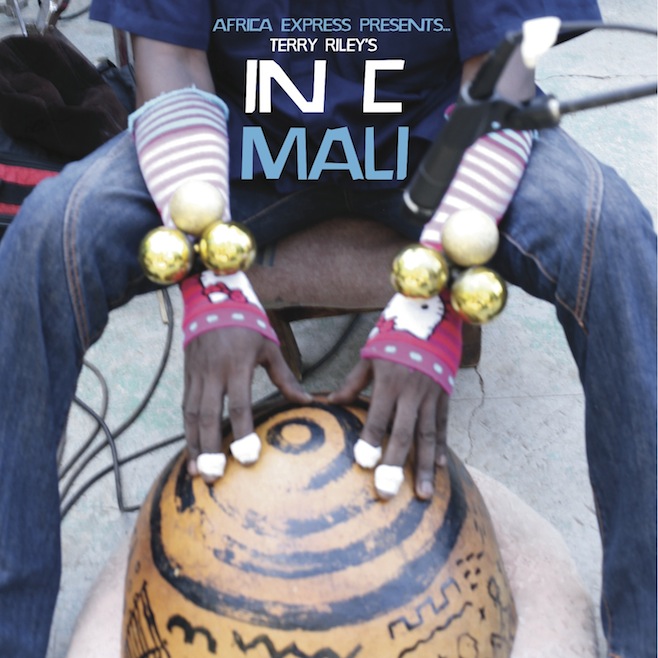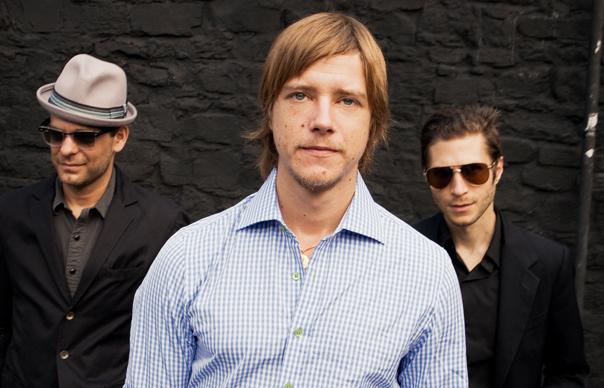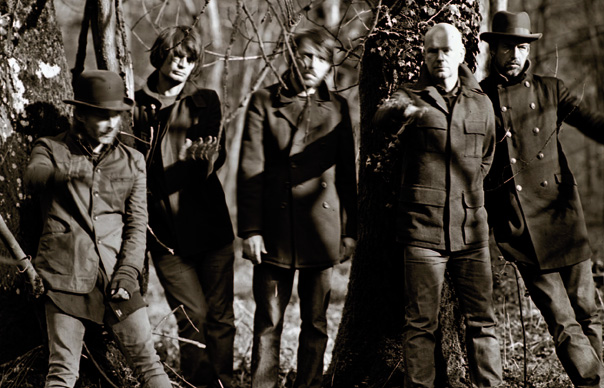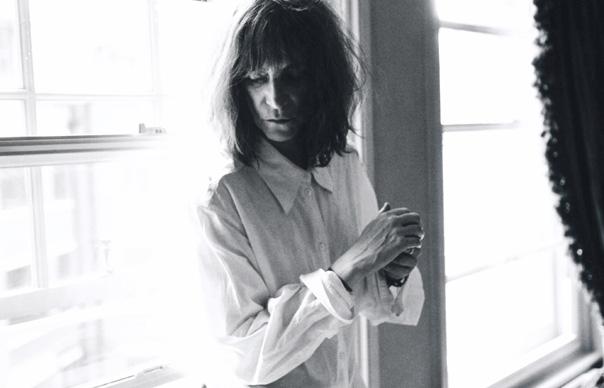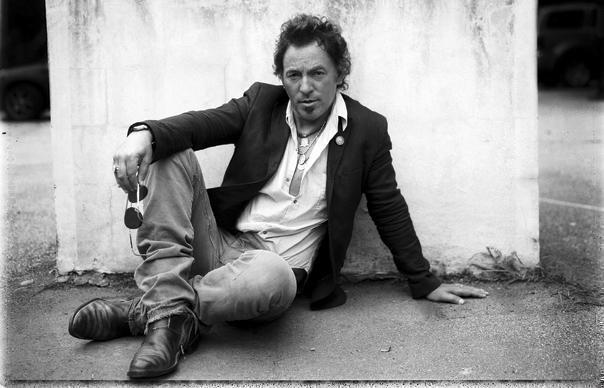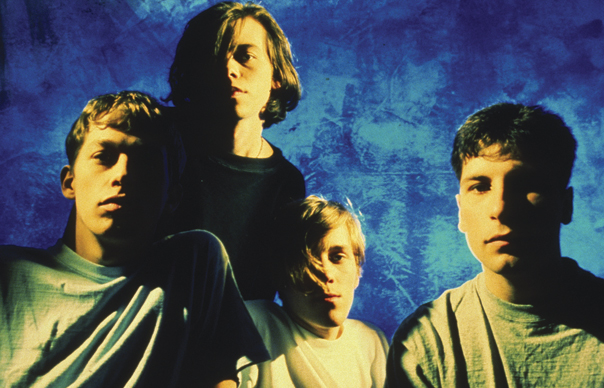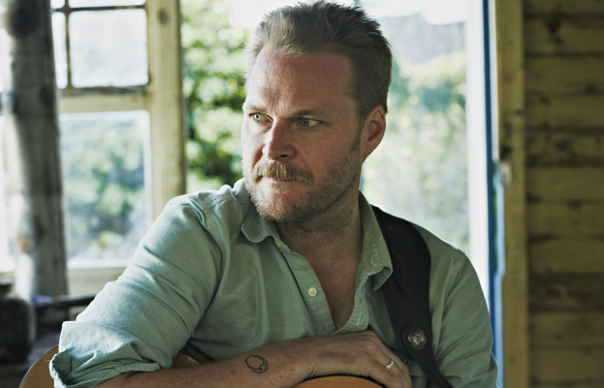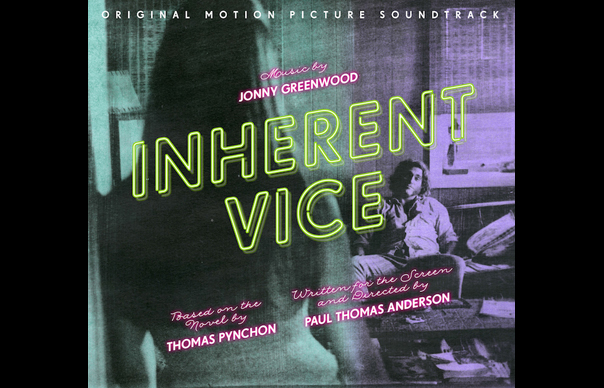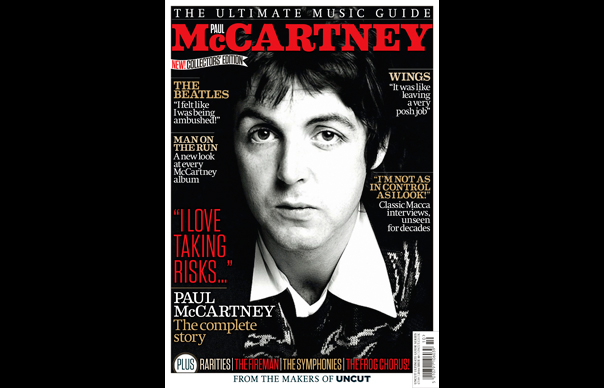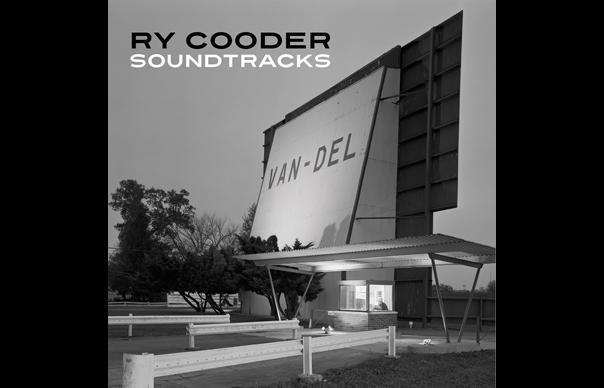Next week The Moody Blues release a 50th anniversary edition of their debut album – here, we dig into the Uncut archives (June 2013 issue, 193) and hear the band tell the strange tale of their biggest hit, and how a Mellotron, swanky bed-sheets and a toilet-seat conspired to give Justin Hayward and co a timeless hit (and Lonnie Donegan a lot of money)… Interviews: Nick Hasted
____________________
When Justin Hayward and John Lodge joined The Moody Blues in August 1966, the Midlands band appeared to be on the way out. Their 1964 No 1, “Go Now” was long gone, its R’n’B direction played out. It took keyboardist Mike Pinder’s purchase of a primitive, tape-based orchestral sampler, the Mellotron, and a lyric inspired by luxurious bed-sheets to revive their fortunes.
“Nights In White Satin” was one of the most immediately recognisable classics of 1967, with its allusive lyrics and atmospheric arrangement built on a flute solo and epic harmonies. “We used to practise coming back from gigs by singing dirty rugby songs like ‘Eskimo Nell’ in close harmony,” flautist Ray Thomas explains. “We gave Elton John a lift back then, and he was quiet as a mouse, listening.”
“Nights In White Satin” also inspired one of the first full-blown concept albums, Days Of Future Passed, commissioned by Decca as a humble demonstration record for a new stereo system. The single has been a transatlantic hit three times – but it’s only recently, says Hayward, that he feels he’s understood the song. “I wrote it when I was immature, it’s a naïve song,” he explains. “And that’s nice. But I never heard it until about two years ago, I was in bed and somebody sent me a version by Bettye LaVette. And I played it on my computer, and I burst into tears. My wife came in and said, ‘What on earth’s the matter?’ I heard the lyrics for the first time. That’s bizarre, isn’t it? It’s not that I’d been going through the motions. Every time I’d sung it, it had been heartfelt. But she took every line and made it something about herself that was transparent and clear. She explained it to me, somehow.”
____________________
John Lodge (bass): I don’t think there were any bookings when I joined, except in Belgium. We realised we wanted to write our own music. The era of coloured suits was over.
Justin Hayward (vocals, acoustic guitar): I’m not sure that any of us could see a way forward for the group.
Ray Thomas (flute): We played some cabaret dates in the Northern clubs, and halfway through the set you’d hear, “Scampi and chips twice.” One night, Justin burst into tears. So we said, “Let’s write our own stuff.” We called it shit or bust. If they don’t like it, we’re knackered.
Hayward: A couple of days after that, Mike rediscovered an instrument called the Mellotron, and I went with him to the Dunlop factory social club in Birmingham, and bought it for about £25.
Mike Pinder (Mellotron): I remember paying £300 for it. I used to work at the factory in Birmingham that made them. This one had tapes hanging out the back of the LSO moonlighting, which were triggered by a keyboard. What came out of that was “Nights In White Satin”.
Hayward: Graeme and I were sharing two rooms with our girlfriends in Bayswater, and we came back very late at night. They were all asleep, and I sat on the side of the bed with my old 12-string I was renovating for Lonnie Donegan, and I wrote the basic two verses. One part of it was that I lived out of a suitcase then, I never had any possessions, and a previous girlfriend had bought me some white satin sheets. I was at the end of one big love affair and the beginning of another, and there was a lot of random thoughts by a 19-year-old boy. There’s quite a lot of truth in it. I did write letters, never meaning to send. “Just what you want to be, you will be in the end” is a philosophical thing.
Thomas: Justin won’t own up to it now, but he had the idea for “Nights…” sitting on the loo – with the lid down. Nice acoustics, normally.
Hayward: We had a rehearsal room near where Mike lived in Barnes, and I played it to the guys. Then Mike added his Mellotron riff, and suddenly the others were interested.
Graeme Edge (drums): Mike’s riff is one of the oldest licks in music. For me it happened when we recorded “Nights” on the BBC Radio’s Saturday Club, which sounded very much as the record eventually turned out.
Lodge: None of us had got the full picture of “Nights” until then. When we went into the control room and listened to it, it was mesmerising. It was a time when we all felt we were floating on air. We were going to the clubs every night, and there was a particular buzz going on, with Sgt Pepper and “A Whiter Shade Of Pale”, all the Jimi Hendrix things. The energy was flying all over the place.
Hayward: We had a huge slice of luck when Decca asked us to do a demonstration record for the Deramic Stereo System, so their consumer division could sell stereos. That’s what Days Of Future Passed was, really. We had a debt to Decca, and they asked us to do a version of Dvořák’s ‘New World Symphony’. Peter Knight, who was supposed to be doing the orchestral stuff, came down to see us at the 100 Club, and it was his idea to change it around to a concept album about a day and night. We did “Nights” first.
Derek Varnals (engineer): In fact, it was originally recorded as a stand-alone mono single. Looking at my diary, we recorded it [at Decca Studio One] on Sunday, October 8.
Lodge: It couldn’t have taken long to record. But harmonically, the spread is huge. And also there’s no middle-eight, which all pop songs had then. But this was totally different. The scene is set with Justin’s singing at the beginning. Every instrument on that record has its own space. Nothing gets in the way of anything else. Because everything has its own space, everything sounds bigger. I think that’s what gives it its lushness, and the dynamics. Your imagination takes over. Your brain is filling in the picture. It was like we were recording in CinemaScope. We used to talk about that. “How wide is the colour on this song?”
Hayward: Tony Clarke was a boffin producer who could see the whole thing cinematically. He’d describe it in this Stanley Kubrick way – “And then we fade across the setting sun, and sparks come out!” He was straight, four of us were pretty stoned – not John.
Edge: It is the gelling quality of the harmonies – three of us were in the choir, we’d been trained over years to feel uplifting. It does sound huge at the end, but if you put a dB meter on it, it doesn’t alter that much. Your brain makes huge differences.
Varnals: We did three bounces from one four-track to another, with a view to getting lots of Mellotron on, because its sound needed layering and smoothing out. But by the time we put the backing vocals on, the record had its own ethos, grand and dramatic, and it encouraged us to blend the voices in with the Mellotron. It starts quietly and builds. It’s quite an intense lyric. They’d been playing it onstage, so they knew how to do it. But it needed a lot of reverb to round it out.
Hayward: I sometimes hear it on the radio, and I think, ‘Nothing’s happening!’ I never really got why it was a hit.
Varnals: It’s a very empty, simple arrangement. It’s really just the layers of the Mellotron and the backing vocals that give it that drama. And the way the voices sparked off the echo-chamber just right.
Thomas: John, Justin, Mike and myself got round the mic. We only had four tracks, so we put four voices on one track, and four on another. When Tony mixed the two together, he said, “You’ve got to come and have a listen to this.” When he played it back to us, it freaked us out that we could make such a big sound. We thought, ‘Christ, that sounds bloody good.’
Varnals: We tried it on other songs later, to give them a similar approach to “Nights In White Satin”, but the voices never worked like that again. Then at the weekly A&R meeting on the 16th, somebody said, “It’s not a single – should we do it on an LP?” That’s when one of the A&R people, Michael Dacre-Barclay, grabbed it for a sound series he was already doing, to demonstrate the Deramic Stereo System.
Hayward: Dacre-Barclay was very shrewd, very suave – I never saw him again, and he took a royalty and a share of the publishing.
Thomas: Decca wanted Peter Knight’s orchestra to play Dvořák’s ‘New World Symphony’, interspersed with us playing rock’n’roll like “Hound Dog”. It would have sounded absolutely fucking awful.
Varnals: On the 20th, the Friday morning, I went to a meeting when they knocked around the idea of doing a rock band with orchestral bits, in the same way that “A Day In The Life” had. But nobody mentioned Dvořák. I think that’s when the concept of an album set over a day was developed, with “Nights In White Satin” at the end.
Lodge: We asked for 24-hour studio time, so we could have a lock-out, which was unheard of. We’d be recording till 5, 6am. I actually cannot remember going home to bed. I can only remember being in the studio. If you said to me right now where were you living when you did that, I’d have to think about that.
Thomas: In fact, they were pretty strict. We started in the morning and we finished at 5pm.
Varnals: There’s two versions of “Nights In White Satin”. We overdubbed the orchestra on the last third of it on the stereo mix on the album, because Peter wanted to fit it into the big finale, which made “Nights” over seven minutes. I can’t remember when the poem was added.
Edge: I see the poem I wrote, “Late Lament”, as homogenous to “Nights”. But I wasn’t upset it wasn’t on the single.
Hayward: A girl in France, Patricia, covered “Nights” and had a big hit with it first, then our version was a hit there. It was all a bit half-cocked.
Thomas: France really put bacon on the table for us. We played with Josephine Baker there. She still got into the feathers and tights. She was an old lady then, and she’d still got one ’ell of a figure on her.
Lodge: We got a phone-call from England and it was No 19, and selling 20,000 copies a day.
Edge: They said this is going to be a hit, and we’ll pull it off as a single, so go and cut it down to three minutes, and we said, “No, it’s four minutes, 20 seconds.” That became the reason it was a hit in America. It was big on FM radio in Seattle first. We found out years later that the DJ picked the longest record so he could go out the back and smoke his bong! The second time he did it, the switchboard lit up like a Christmas tree.
Hayward: Then in ’72 it was No 2 in the US, and in ’79 it came back in the UK, thanks to Jonathan King. But I get very little financially from it, because when I was 18, I innocently and stupidly signed away my copyrights ’til I was 26 to Lonnie Donegan and his family for life, a deal a judge later described as “onerous”. He was a deeply unpleasant man, and he became a parasite on the Moodies. He even sent someone to take the guitar I’d written “Nights” on while I was out, which was bizarre. But I’m the only person who has the joy to sing it, and for the audience to go, “That guy did that, and he’s singing it for us.”
Edge: It’s the last but one song in the set when we play it now. By then, I’ve picked my people to play it to. It brings old emotions back to the surface for some of them. It brushes the cobwebs off. When we were making an album later, Justin was a little quiet and depressed. I said, “Don’t worry, Justin. ‘Nights In White Satin’ is way too good to disappear.”
Uncut is now available as a digital edition! Download here on your iPad/iPhone and here on your Kindle Fire or Nook.


